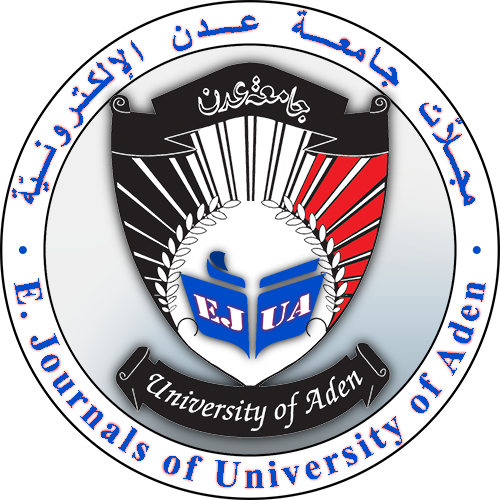INITIAL ḤATTĀ (UNTIL) IN IBN ĀSHOOR'S BOOK "TAFSEERUT TAHREER WAT TANWEER" (A SEMANTIC GRAMMATICAL STUDY)
DOI:
https://doi.org/10.47372/ejua-hs.2021.2.96Keywords:
Initial ḥattā (until), Ibn Āshoor, Destination, Causal relation.Abstract
This research aims at studying the initial ḥattā (until) in Ibn Āshoor's book "Tafseerut Tahreer Wat Tanweer" (Exegesis of Editing and Enlightenment) and the linguists' controversies in its grammatical parsing and its semantic meaning along with their impact on interpreting the Quranic verses (Ayat) that involved this particle. The linguists have shown controversies in terms of grammatical parsing where two different visions or opinions have been held. One of these visions is that it is considered as an initial particle and the clause that follows has no certain parsing. This is the opinion which is commonly expressed by the majority of the linguists. The second opinion is that some linguists considered it as a preposition and the clause that follows is a prepositional clause.
Ibn Āshoor agreed upon the first opinion in terms of parsing in all its position except two expressed it as a preposition. Linguists also have expressed controversies pertaining to its semantic meaning. Some of them have gone for the opinion that it semantically represents the meaning of destination in all its positions, Ibn Āshoor sayings differed regarding that, as he sometimes thinks that the meaning of the goal does not leave it, and sometimes he sees that it benefits the causation, and this is what we find when he talks about the structure (until if) as he did not follow a single approach in its semantic meaning according to the context in which it occurs.








